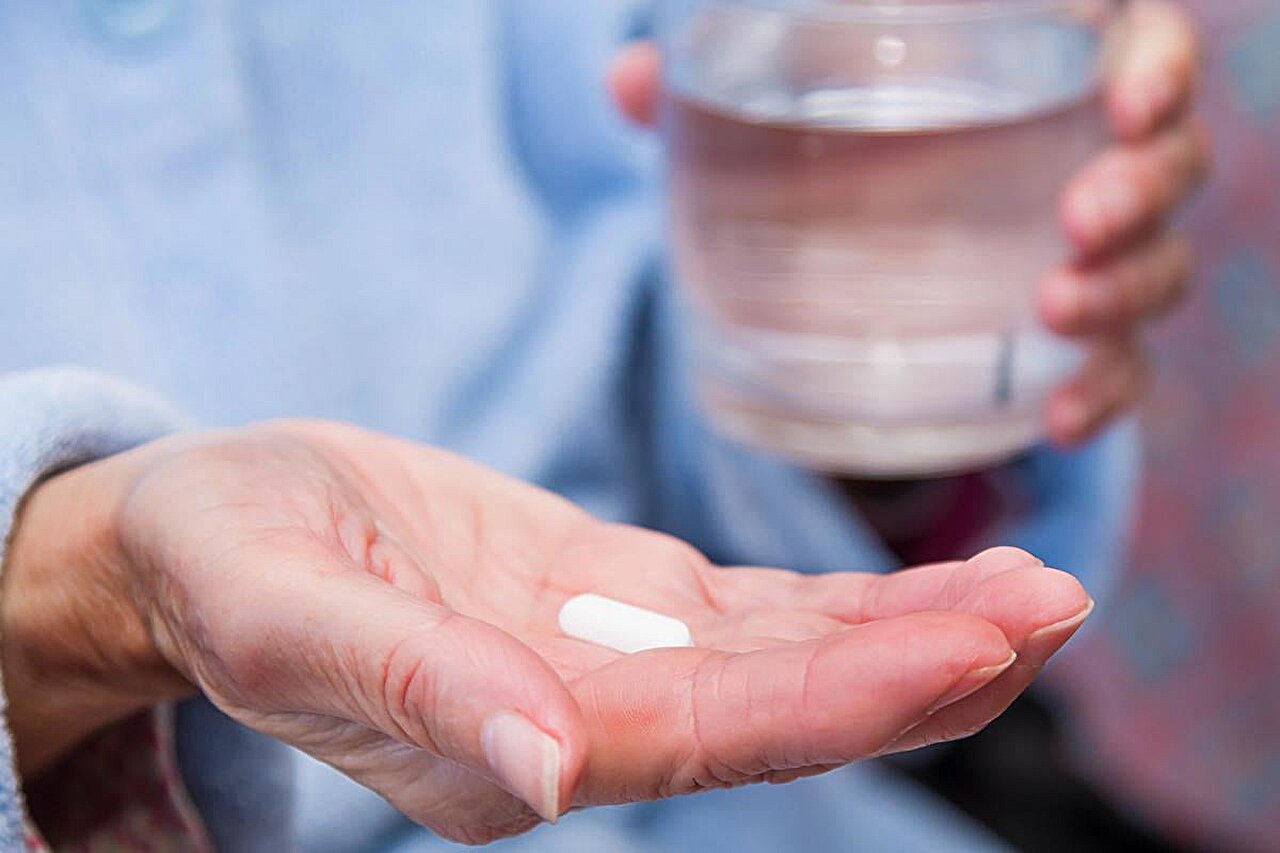
There is no correlation between high-density lipoprotein cholesterol (HDL-C) levels and a patient’s risk for developing movement disorders while taking an antipsychotic, according to a study published in the April-June issue of Innovations in Clinical Neuroscience.
Carolyn O’Donnell, Pharm.D., from the Edward Hines Jr. Veterans Administration Hospital in Hines, Illinois, and colleagues investigated associations between patients taking antipsychotics with low HDL-C and the risk for developing a movement disorder. The analysis included 89 adult patients at an inpatient state psychiatric facility.
The researchers report that only eight patients had an Abnormal Involuntary Movement Scale score greater than 0 and HDL-C levels ranged from 17 mg/dL to 83 mg/dL. There was no statistically significant association seen when comparing a patient’s movement disorder, Abnormal Involuntary Movement Scale scores, and HDL-C levels.
“It is our hope that our research will support prioritized prescribing decisions focused more directly on removing offending medications, versus exploring hypothesized physiologic factors such as HDL-C, because earlier recognition of drug-induced movement disorders permits rapid intervention and decreased risk of permanently disfiguring and debilitating extrapyramidal symptoms,” the authors write.
More information:
O’Donnell, C. et al. The Impact of High-density Lipoprotein Cholesterol (HDL-C) Levels and Risk of Movement Disorders in Patients Taking Antipsychotics, Innovations in Clinical Neuroscience (2024). www.ncbi.nlm.nih.gov/pmc/articles/PMC11208005/
© 2024 HealthDay. All rights reserved.
Citation:
Study reveals no link between high-density lipoprotein cholesterol and movement disorders (2024, September 20)
retrieved 21 September 2024
from https://medicalxpress.com/news/2024-09-reveals-link-high-density-lipoprotein.html
This document is subject to copyright. Apart from any fair dealing for the purpose of private study or research, no
part may be reproduced without the written permission. The content is provided for information purposes only.

